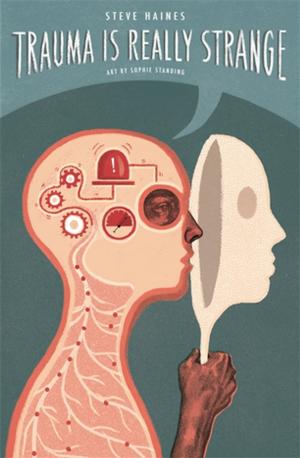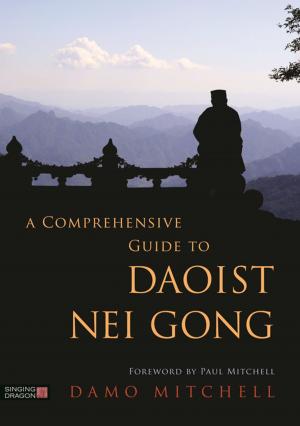Building on Bion: Roots
Origins and Context of Bion's Contributions to Theory and Practice
Nonfiction, Health & Well Being, Psychology, Psychotherapy, Medical| Author: | ISBN: | 9781846423680 | |
| Publisher: | Jessica Kingsley Publishers | Publication: | November 15, 2002 |
| Imprint: | Jessica Kingsley Publishers | Language: | English |
| Author: | |
| ISBN: | 9781846423680 |
| Publisher: | Jessica Kingsley Publishers |
| Publication: | November 15, 2002 |
| Imprint: | Jessica Kingsley Publishers |
| Language: | English |
Two volumes of original papers by leading thinkers and practitioners of group therapy... The diverse collection that has informed and stimulated my thinking.'
- International Journal of Group Psychotherapy
'The concepts that I liked were about the truth, the unknowable and unknown, and the functions he devised to communicate what is going on in the patients' world to other psychoanalyst.
I am glad that I read these books with their wide range of ideas and I have gained insights which will make me more aware in my psychodrama practice.'
- British Journal of Psychodrama.
'The book begins with a wonderful introduction by James Grotstien, a theorist whose grasp of Bion is enriched by his own formidable ideas. He sets the stage for what's to follow, toucing on Bion's groundbreaking work with groups, his formalizing of psychotic experience and several key concepts, like Bion's elaboration on the concept of projective identification. Grotstien's prose is remarkable. He conveys ideas about the most complex internal states with a clarity and reach that is unparalled, even by Bion himself. This is without a doubt a richly rewarding and ultimately exhausting text.'
- www.mentalhelp.net
This stimulating collection of papers by distinguished international contributors from the fields of psychoanalysis, group analysis, management consultancy and social science explores formative influences affecting Bion's emotional and intellectual development. The authors revisit in depth the origins of Bion's ideas, setting them in the context of his World War I experiences, his contact with Trotter, and his later work with the Tavistock Clinic and psychoanalysis. Chapters discuss the roots of his epistemology, re-examining and extending basic assumption theory; links between Bion and Foulkes; group mentality and Bion in Italy. Through these the spirit and shape of his work can be discovered by those new to Bion, and rediscovered by those who feel well acquainted with him.
This is a collection of original and insightful papers which, along with its companion volume Building on Bion: Branches, will not only deepen understanding of Bion's contributions to theory and practice, but will also be invaluable to those who work with groups, in both therapeutic and management contexts.
Two volumes of original papers by leading thinkers and practitioners of group therapy... The diverse collection that has informed and stimulated my thinking.'
- International Journal of Group Psychotherapy
'The concepts that I liked were about the truth, the unknowable and unknown, and the functions he devised to communicate what is going on in the patients' world to other psychoanalyst.
I am glad that I read these books with their wide range of ideas and I have gained insights which will make me more aware in my psychodrama practice.'
- British Journal of Psychodrama.
'The book begins with a wonderful introduction by James Grotstien, a theorist whose grasp of Bion is enriched by his own formidable ideas. He sets the stage for what's to follow, toucing on Bion's groundbreaking work with groups, his formalizing of psychotic experience and several key concepts, like Bion's elaboration on the concept of projective identification. Grotstien's prose is remarkable. He conveys ideas about the most complex internal states with a clarity and reach that is unparalled, even by Bion himself. This is without a doubt a richly rewarding and ultimately exhausting text.'
- www.mentalhelp.net
This stimulating collection of papers by distinguished international contributors from the fields of psychoanalysis, group analysis, management consultancy and social science explores formative influences affecting Bion's emotional and intellectual development. The authors revisit in depth the origins of Bion's ideas, setting them in the context of his World War I experiences, his contact with Trotter, and his later work with the Tavistock Clinic and psychoanalysis. Chapters discuss the roots of his epistemology, re-examining and extending basic assumption theory; links between Bion and Foulkes; group mentality and Bion in Italy. Through these the spirit and shape of his work can be discovered by those new to Bion, and rediscovered by those who feel well acquainted with him.
This is a collection of original and insightful papers which, along with its companion volume Building on Bion: Branches, will not only deepen understanding of Bion's contributions to theory and practice, but will also be invaluable to those who work with groups, in both therapeutic and management contexts.















